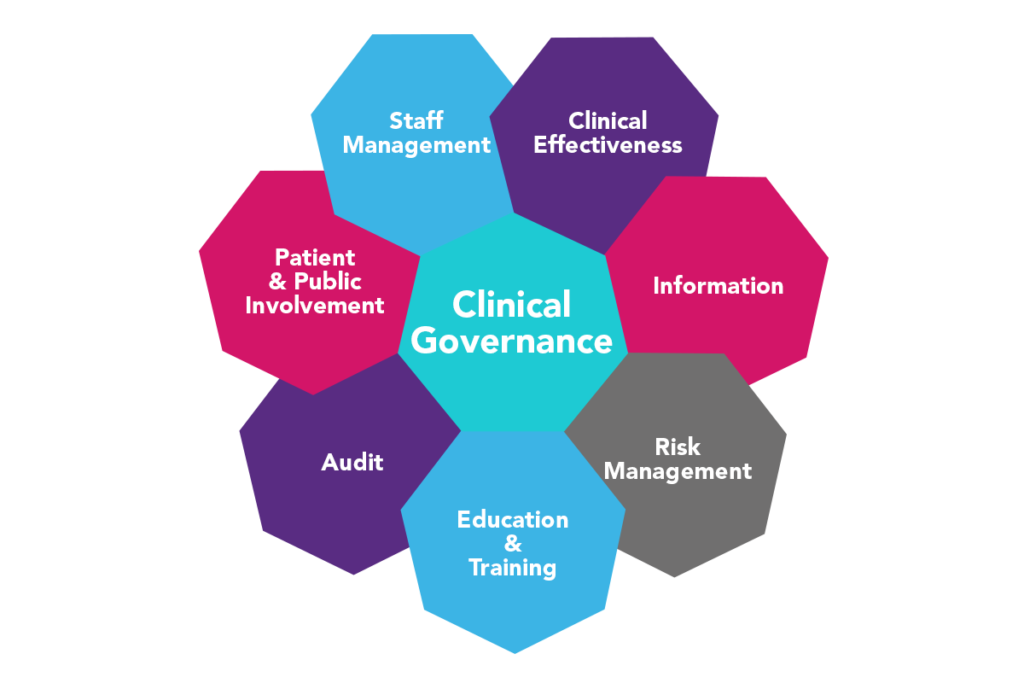In the world of medicine, every breakthrough begins with a conversation. Whether it’s a casual chat among doctors, a heated debate at a medical conference, or a detailed analysis in a university journal club, medical research discussions are the backbone of progress in healthcare. These exchanges drive innovation, encourage collaboration, and ultimately improve the lives of patients around the world.
In this long-form article, we will explore the importance of medical research discussions, where they happen, how you can participate, and the powerful role they play in shaping the future of medicine.
🧬 What Are Medical Research Discussions?
Medical research discussions are in-depth conversations about scientific studies, clinical trials, medical treatments, healthcare policies, and innovations in medical science. These discussions are often based on published research papers or real-world case studies and involve experts analyzing the methods, results, and implications of medical research.
These conversations happen in many forms:
- In-person group meetings at hospitals or universities
- Online forums and webinars
- Global medical conferences
- Collaborative research teams across countries
They help in:
- Understanding complex findings
- Questioning results to ensure accuracy
- Sharing practical applications for patient care
- Exploring ethical implications of research
💡 Why Medical Research Discussions Are So Important
🔍 1. Support Evidence-Based Practice

Modern healthcare depends on evidence. Discussing the latest studies ensures that treatments are based on up-to-date and accurate information—not outdated methods or assumptions.
🧠 2. Encourage Critical Thinking
Medical discussions promote critical analysis. Professionals are encouraged to challenge data, question biases, and ask, “How can this apply to real patients?”
🌍 3. Connect Global Minds
Thanks to technology, a doctor in India can now share insights with a researcher in Germany or a public health expert in Kenya. This global collaboration leads to stronger, more diverse perspectives.
🚀 4. Drive Innovation
From mRNA vaccines to robotic surgeries, many of today’s medical advancements were born from passionate discussions about “what if” or “why not.”
🧑🤝🧑 5. Train the Next Generation
Medical students and young researchers benefit immensely from participating in discussions. It sharpens their thinking, boosts confidence, and connects them with mentors.
📍 Where Medical Research Discussions Happen
🏥 1. Hospitals and Clinics
Regular meetings and interdisciplinary case reviews are common in healthcare settings. For example, a cancer treatment team may meet weekly to discuss the latest research on therapy options for their patients.
🎓 2. Medical Schools and Universities
Institutions often host journal clubs, research seminars, and thesis defense panels. These are structured environments where research is reviewed, criticized, and discussed.
🌐 3. Online Platforms
Some of the most popular platforms for online research discussion include:
- ResearchGate – Where researchers publish and discuss their work.
- PubPeer – A place for post-publication peer review and open feedback.
- LinkedIn Groups – Communities of healthcare professionals discussing the latest in medicine.
- Reddit (e.g., r/medicine) – Forums where professionals and students share experiences and knowledge.
- Twitter (#MedTwitter) – Used by thousands of doctors and researchers to highlight studies, ask questions, and connect globally.
📚 4. Medical Conferences and Summits
Global events like:
- American Heart Association (AHA) Scientific Sessions
- World Health Summit
- European Congress of Radiology (ECR) …bring together thousands of experts who share research, join panels, and participate in Q&A sessions.
📈 How to Effectively Join Medical Research Discussions
Whether you’re a student, a seasoned researcher, or a practicing physician, here are some tips to get involved:
✅ 1. Stay Informed
Read top journals like:
- The Lancet
- JAMA (Journal of the American Medical Association)
- NEJM (New England Journal of Medicine)
- Nature Medicine
You don’t have to read full papers—start with abstracts, summaries, or review articles.
🗣️ 2. Ask Questions
Don’t be afraid to speak up. Great discussions often start with simple questions like, “What does this mean for our patients?” or “Is there a better way?”
👩🏫 3. Join or Start a Journal Club
Organize a group that meets monthly to discuss one research article. It’s a great way to build confidence and sharpen your research skills.
🌍 4. Use Social Media Professionally
Follow medical organizations, journals, and researchers on platforms like Twitter or LinkedIn. Join conversations using hashtags like #MedTwitter or #JournalClub.
💬 5. Comment and Review Research
Sites like PubPeer allow you to post your opinions or raise questions about studies—even anonymously. This improves transparency and research quality.
🧪 Common Topics in Medical Research Discussions

Here are some hot topics that often come up in research circles:
- Vaccine development and safety
- Cancer treatment innovations (e.g., immunotherapy)
- Mental health and psychiatry research
- AI and machine learning in diagnostics
- Ethics in gene editing and personalized medicine
- COVID-19 variants and long-term effects
- Global health and epidemiology
These topics are not just scientific—they affect real patients every day.
⚠️ Challenges in Medical Research Discussions
While discussions are powerful, they aren’t without problems:
❌ Misinformation
Poorly conducted studies or biased interpretations can mislead others if not discussed critically.
🧱 Access Barriers
Many high-quality research papers are behind paywalls, limiting who can participate in discussions.
🧍 Exclusion of Certain Voices
Sometimes, only senior or Western researchers are heard. Young professionals or those from developing countries may feel left out.
✅ The Solution:
- Promote open-access journals
- Encourage respectful, inclusive dialogue
- Use translation and accessibility tools
- Train early-career professionals in communication and research skills
🤖 How Technology is Transforming Research Discussions
Technology is changing everything:
- AI tools summarize complex papers and help researchers spot patterns faster.
- Virtual conferences let people attend from anywhere in the world.
- Research dashboards track and visualize data in real time.
- Collaborative platforms like Slack or Microsoft Teams allow researchers to work together across borders, 24/7.
In the future, we may even see holographic conferences or VR-based research presentations—bringing discussions to life like never before.
FAQ’s
1. What are medical research discussions?
These are conversations where doctors, scientists, and students talk about new medical studies, treatments, or health problems. They help improve medical knowledge and patient care.
2. Can a student take part in medical research discussions?
Yes! Students can join journal clubs, attend online webinars, and be part of medical forums. It’s a great way to learn and grow in the medical field.
3. How do these discussions help doctors and patients?
Doctors learn about the latest treatments and research, so they can give better care. Patients benefit by getting updated and more effective treatment options.
4. Do research discussions only happen in hospitals?
No, they can happen anywhere—at universities, in online groups, during video calls, or at medical events and conferences.
5. What are the best online places to join medical research discussions?
Some good online platforms are:
- ResearchGate
- PubPeer
- LinkedIn medical groups
- Twitter using #MedTwitter
Final Thoughts: Let’s Keep the Conversation Going
Medical research discussions are not just for scientists—they’re for anyone who wants to make healthcare better. Every question asked, every study debated, and every insight shared brings us one step closer to a healthier future. So whether you’re in a lab, a classroom, or a hospital hallway—speak up, share ideas, and stay curious. The future of medicine depends on it.
Related Post
- mylovelyfurryfriend discover expert tips on dog health
- Infectious Diseases Updates – Stay Informed, Stay Protected!
- Wegovy For Weight Loss – A Breakthrough in Managing Obesity!
- Emergency Medicine Forum – A Hub for Fast-Paced Knowledge, Support & Updates!
- Pediatrics Discussions – Insights, Challenges, and Expert Advice for Better Child Health!





Leave a Reply